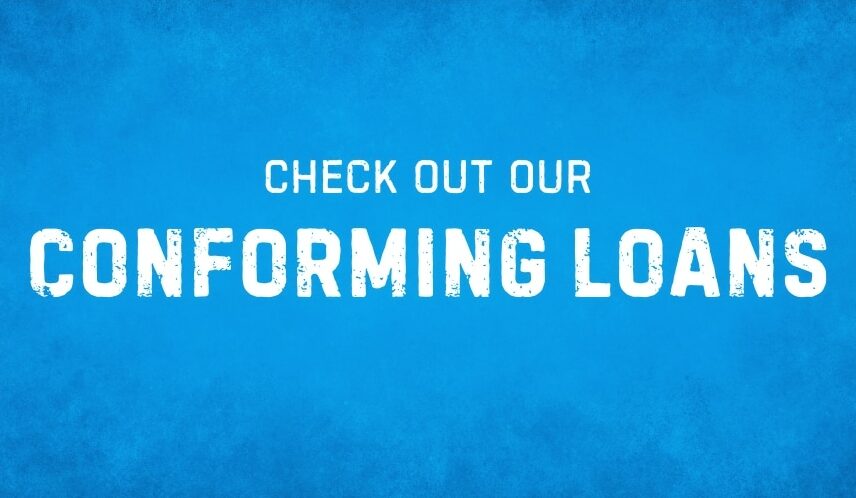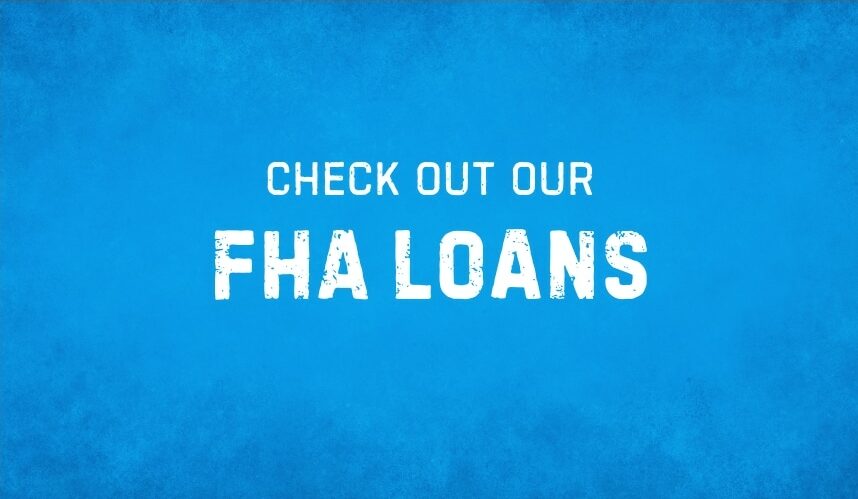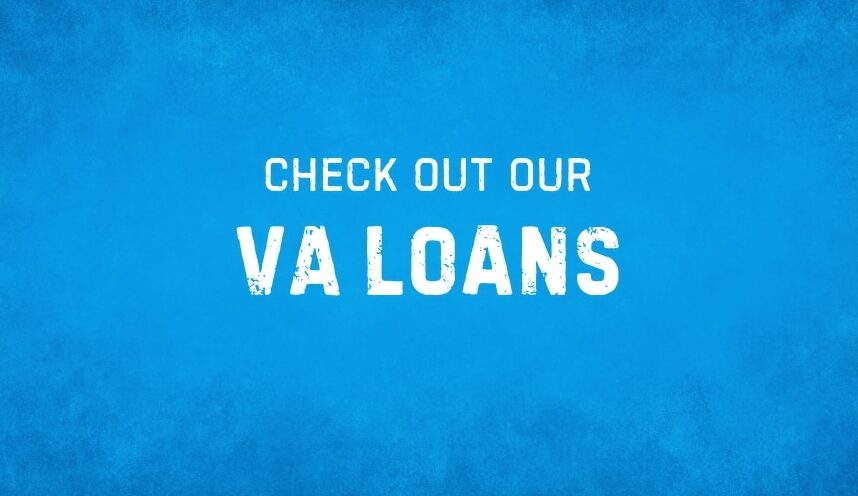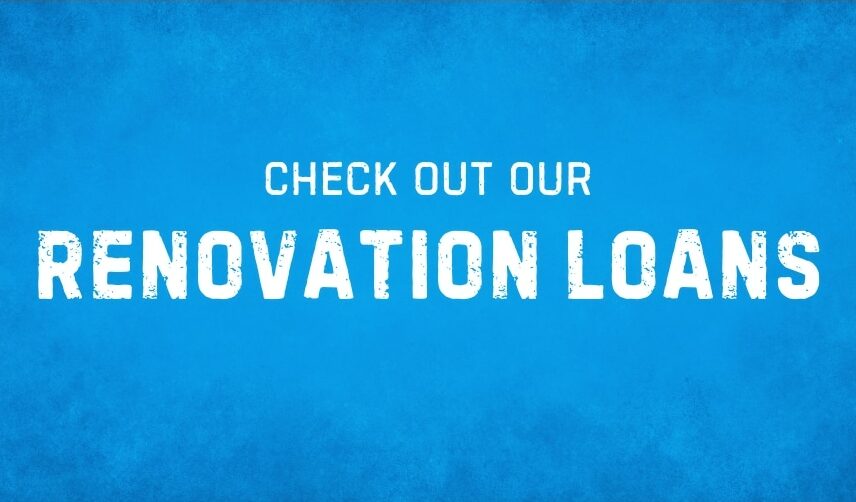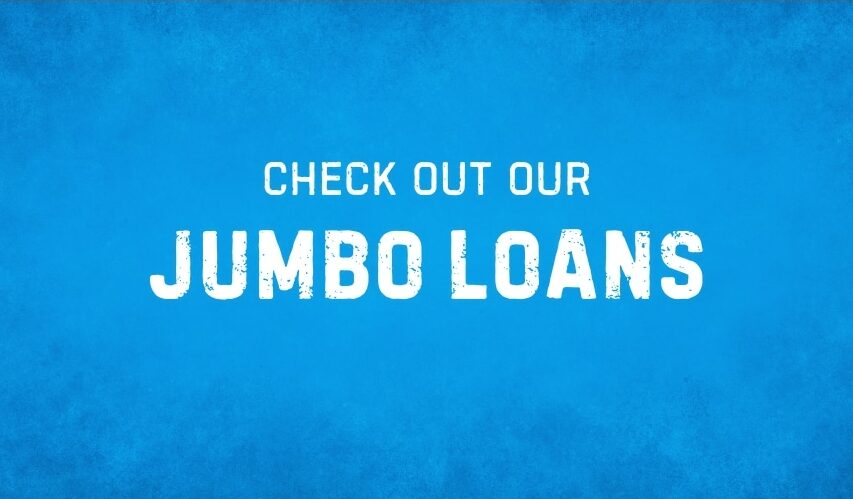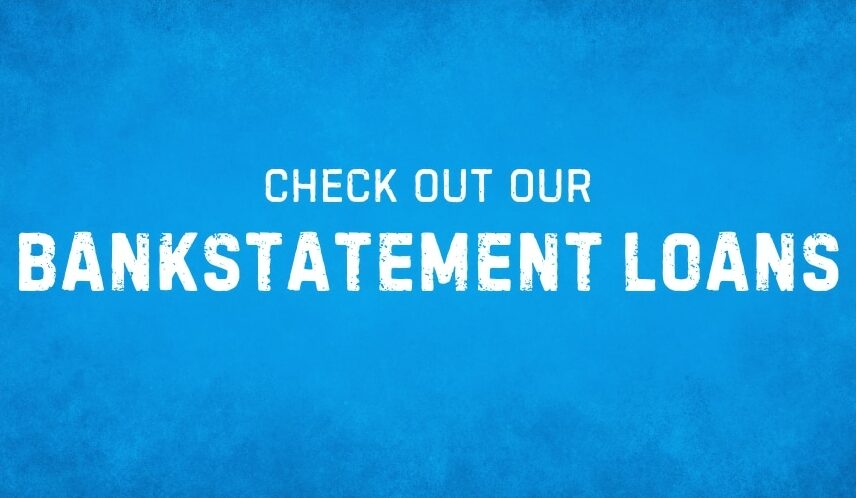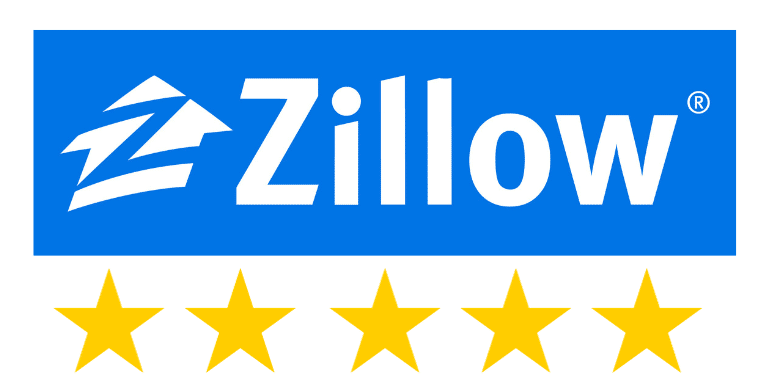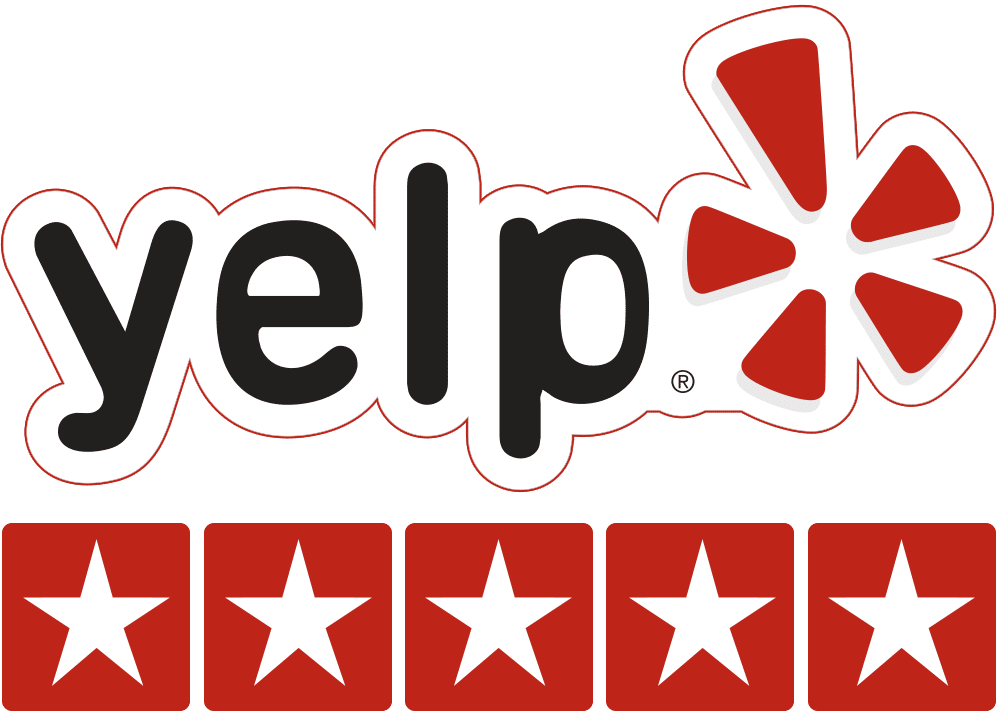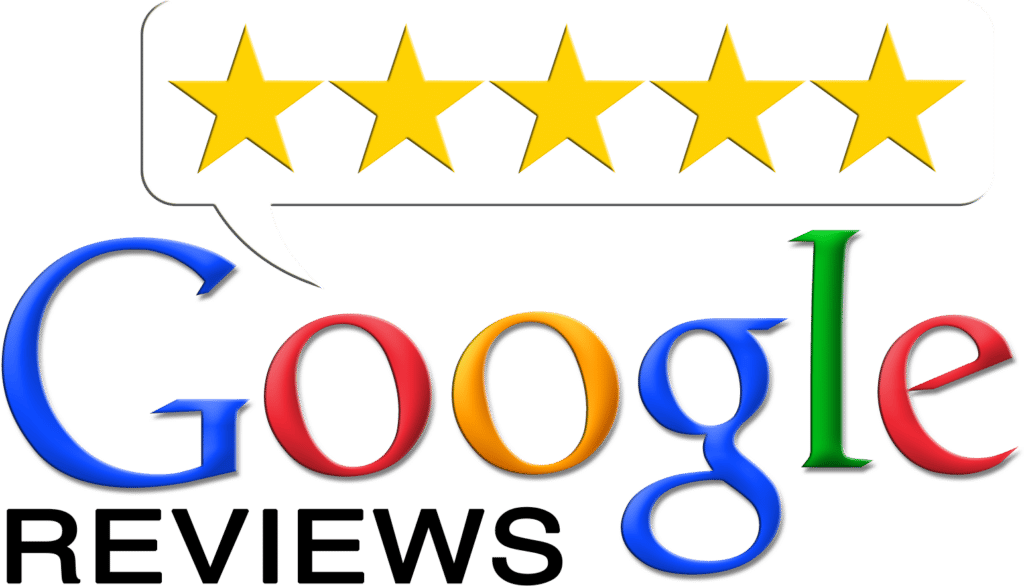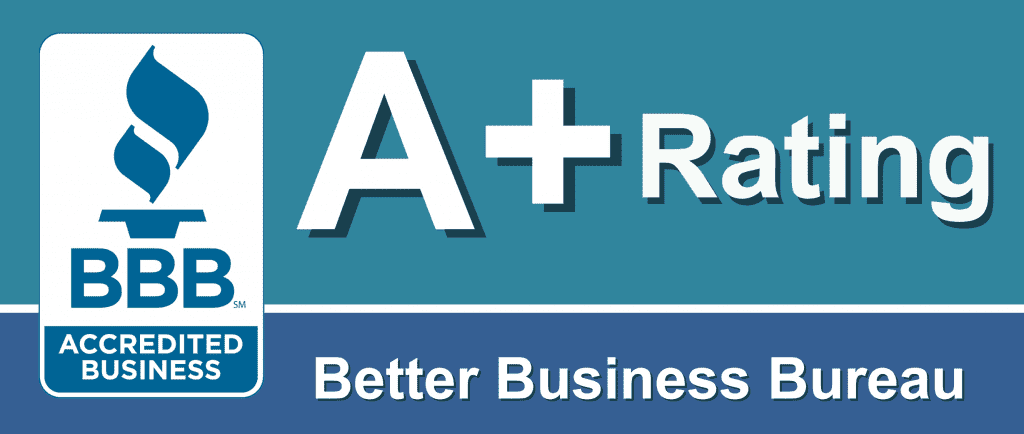
Bank Statement Mortgage
Bank statement mortgage loans are home loans where you document your income with personal and/or business bank statements. If you don’t have pay stubs because you work for yourself, you’re a seasonal employee, a 1099 contract employee, or you own a business, a bank statement mortgage might be an option for you.
With a bank statement mortgage, you can prove your income by providing your bank statements that show the regular receipt of income. Bank statement mortgage lenders need to see that you have a stable income so that it’s clear you can afford the loan.
Bank Statement Mortgage Loan Requirements
The bank statement mortgage loan requirements are as follows (subject to change without notice);
- Loan amounts from $250,000 to $2,500,000
- Middle credit score of 620 or higher
- No tax returns needed
- 10% down payment (or 10% equity for refinances)
- 12 or 24 months of business and personal bank statements
- Debt-To-Income (DTI) ratio below up to 50%
- Fixed and Adjustable rate mortgages
- Interest Only mortgage option
- Purchase, Rate, and Term refinance and Cash-Out Refinance
- Owner-occupied, second homes, and non-owner occupied properties
- Single Family Residences, Condominiums, Non-warrantable Condominiums, and Multi-Unit properties are eligible
- 1099 contractor option available
- Two years of self-employment required
- Previous foreclosure, short sale, bankruptcy, or deed-in-lieu allowed under certain scenarios
- An independent appraisal is required
- Loan amounts at or above $1,500,000 may require an additional appraisal
Do You have a question or need a quote?
Contact KevinLow rates, fast closings, and exceptional service.
How do Bank Statement Mortgages Work?
When it comes to underwriting a bank statement mortgage, an underwriter mainly reviews five key aspects of your application;
- Your credit score
- Annual income
- Liabilities
- Liquid Assets (for purchases and some refinances)
- Type of property you buying or refinancing
In other words, you must show you have a history of paying your bills on time and adequately prove you have enough income to meet the underwriting criteria for the bank statement loan program. Also, the property must be eligible under current underwriting guidelines.
For most bank statement mortgage lenders, there are two main options for documenting your income;
- 12-months of bank statements
- 24-months of bank statements
The underwriter will look at the statements you provide, calculate your debt-to-income ratio and decide if you meet their bank statement mortgage requirements. They’ll typically take the monthly average of deposits and divide that by your expenses and liabilities.
Additional documents you might be required to provide are as follows;
- Proof of liquid assets
- Proof of self-employment with documentation from your CPA or another third party verifying your self-employment
- A copy of your business license (if you have one)
- Year to date Profit and Loss statement is sometimes required
Who Are Bank Statement Loans Best For?
Bank statement loans are best for people who don’t have a regular monthly income. Ideally, they are best for:
- Small business owners
- Freelancers
- Independent contractors
- Seasonal workers
- Anyone with irregular income
Since bank statement mortgages are a niche home loan product, not every mortgage lender offers this option.
What are the Differences Between a Bank Statement Mortgage and a Traditional Home Loan?
Here is a side-by-side look at the difference between a bank statement mortgage and a traditional home loan.
Bank Statement Mortgage
- Flexible income requirements
- Non-warrantable Condos
- No tax returns / W2s
- Higher mortgage rates
- Higher closing costs
Traditional Home Loan
- Tougher documentation requirements
- More stringent property requirements
- Lower down payment requirement
- Lower mortgage rates
- Lower closing costs
As you can see there are significant differences between a bank statement mortgage and a traditional home loan.
Bank Statement Loan Rates
If you cannot document your income in the traditional way (W2/paystubs or tax returns) you should be prepared for higher interest rates and higher closing costs. Why?
Because home loan lenders that offer bank statement mortgages consider these types of loans a higher risk and, therefore, require a higher interest rate and/or cost.
Mortgage broker bank statement home loan programs usually provide the widest variety of interest rates and loan closing cost options. When searching for the best bank statement loan rates, ask lots of questions and work with companies with an “A” or “A+” rating with the Better Business Bureau.
Bank Statement Home Loan Programs
Like conforming home loan programs, you can secure a bank statement mortgage term for a fixed or adjustable mortgage. The right mortgage program for you depends on what you can afford and what you qualify for based on the bank statement guidelines.
The 30-year fixed rate bank statement mortgage term is the most popular because it has the most stability, the lowest payments, and the easiest qualifications. Each month you’ll pay interest and principal.
The 15-year bank statement mortgage term pays the home loan off in half the time which means a higher mortgage payment because you have less time to pay the principal off. A 15-year term has a lower interest rate compared to a 30-year fixed-rate term.
How to Choose Between a 30 and 15-year Term
Deciding between the 30 and 15-year term comes down to what you can afford.
You can determine your DTI by dividing your total monthly debts, including the new mortgage, by your gross monthly income. If you aren’t sure what income amount the lender will use, take a 12 or 24-month average of the income shown on your bank statements.
If your DTI is less than 45% with the 15-year payment, you may be able to afford the shorter term. If it’s higher, see how the 30-year payment fits into your budget. It may be your better option.
The good news is that you can make 15-year payments even if you take a 30-year loan. If you have extra money sometimes, go ahead and make the extra payment to pay your loan down faster and decrease the interest you pay.
Pros and Cons of Bank Statement Mortgage Loans
Evaluating the pros and cons of a bank statement mortgage is an important step in the process of deciding if this home loan option is right for you. Below is a breakdown that will help you make that decision.
Pros of a bank statement mortgage
Provides More Opportunities for the Self-Employed: Getting a mortgage can be tough when you’re self-employed, especially if you’re newly self-employed. Not being able to show a profit because of your tax write-offs can make it look like you can’t afford a mortgage on paper.
Bank statement loans give you another chance to prove your income and that you can afford a loan despite what your tax returns show.
Easier to Prove: Proving your income can be hard when you’re self-employed. If you do a full doc loan, you must provide your tax returns, YTD Profit & Loss statement, and a letter from your CPA proving you are self-employed.
You don’t have to provide your tax returns or a P&L when you do a bank statement loan. Instead, you provide your bank statements which you can get directly from your bank.
Competitive Rates and Terms: Although you’re not proving your income the traditional way, most banks offer competitive rates and terms on bank statement loans. This is especially true if you have other good qualifying factors, such as great credit or a high down payment.
Usually, No Private Mortgage Insurance (PMI): Since bank statement loans are a niche product, usually no mortgage insurance is required on them. Only conventional and government-backed loans require mortgage insurance.
The Cons of a bank statement mortgage
You Might Need a Large Down Payment: Because bank statement loans are risky, you’ll usually need a higher down payment. Some lenders require as much as 20% – 30% down, but if you shop around you may find lower down payment requirements. You won’t, however, find loans with down payments as low as 3%, as conventional loans allow.
You May Need Good Credit: Lenders often require higher credit scores for bank statement loans to make up for the risk of not providing your tax returns and/or W-2s. If you don’t have a large down payment, you’ll definitely need good credit, but even if you do have a large down payment, it’s not unusual for lenders to want credit scores of 680 or higher.
May Have Higher Rates or Fees: Depending on where you get your bank statement loan, you may pay much higher interest rates or fees than you would on a traditional loan. Lenders have to make up for the risk that bank statement loans create, which they do by charging higher interest rates.
12 and 24-Month Bank Statement Options
You may find lenders offering 12 and 24-month bank statement loan options. While they have the same premise – you qualify based on the average income reported on your bank statements, here’s the difference.
12-Month Bank Statement Mortgage
12-month bank statement loans take a 12-month average of your income. This is riskier for banks, so they often have higher interest rates or tougher terms. Using 12 months of income doesn’t give banks a good idea of your business’s ability to succeed. It only provides one year of monthly changes which isn’t much time to decide if a business is successful.
While 12-month bank statement loans are doable, they will usually cost you more in the long run.
24-Month Bank Statement Mortgage
24-month bank statement loans are less risky for lenders. They give lenders a 2-year history of your income and average your income over 24 months. This gives them a better chance to understand the viability of your business.
24-month bank statement loans have lower interest rates and better terms than 12-month loans.
The Difference Between Personal and Business Bank Statements
Here’s what you should know about providing personal and business bank statements;
If you provide personal bank statements, lenders can use 100% of the income reported (provided it’s clear the deposit came from the business). They’ll still take a 24-month (or 12-month) average, but they’ll use 100% of the income reported because it’s your personal income, not the business income.
However, if you only provide business bank statements, lenders can only use 50% of the income reported (that 50% number can be adjusted higher or lower). Let’s say you are providing 24 months of business bank statements. Lenders will divide the total deposited by two and then divide it by twenty-four to get the 24-month deposit average.
It’s always nice to have business bank statements because they show the true receipt of income, but it doesn’t mean that 100% of the income belongs to you. That’s why lenders prefer personal and business bank statements so your income is clear and understandable.
Can you use 12 months of personal and 12 months of business to get to 24 months of bank statements?
No, that won’t work. You’ll need 24 personal or 24 business statements.
Bank Statement Mortgage FAQ
Below is a list of Frequently Asked Questions about bank statement mortgage loans;
How hard is it to get a bank statement loan?
Bank statement loans are mostly for the self-employed, freelancers, or independent contractors and take a little more effort to get qualified. You must meet the basic bank statement mortgage requirements, have decent credit, and have an acceptable debt-to-income ratio.
How high your credit must be or how low your DTI must be will vary by lender. You usually don’t need perfect credit, but the better your credit score is, the better your chances of approval.
How long does it take to get approved for a bank statement loan?
Unlike conventional or government-backed loans, bank statement loans are manually underwritten. This means they may take a little longer to underwrite because an underwriter must go through the loan, versus the automated system that traditional loans use. The typical time frame is thirty to forty-five days.
Do FHA loans have a bank statement loan?
No, FHA home loans don’t have a bank statement loan option. Bank statement loans are only a niche product offered by banks that fund the loans themselves and keep the loans on their books. This means it might be a little harder to find a bank statement loan than it would an FHA or conventional loan.
Do you have to be self-employed to get a bank statement loan?
To obtain a Bank Statement Mortgage you have to fall into one of three categories;
- A self-employed business owner
- 1099 employee
- A seasonal W2 employee
An example of a seasonal W2 employee is someone who is a lifeguard in the summer and a ski instructor in the winter.
Do you need a bank to verify your statements?
Sometimes lenders require you to prove your bank issued the bank statements. If this happens the underwriter will request a bank complete a Verification of Deposit or stamp the bank statements to prove they are legitimate.
Do bank statement mortgages have a pre-payment penalty?
Yes, some do. Some bank statement mortgages have a one or two-year pre-payment penalty others might have a longer pre-payment penalty. There are options where there is no pre-payment penalty so be sure to ask your Loan Officer about this.
Do You have a question or need a quote?
Contact KevinLow rates, fast closings, and exceptional service.
Benefits of A Bank Statement Mortgage
A bank statement mortgage loan is a great way to get the loan you need if you’re self-employed or an independent contractor.
Using the bank statement mortgage loan option, you have a better chance of securing financing at competitive rates. While you may have to jump through a few more hoops or provide more documentation to get your financing, it can be worth it when you can buy the home you want.
Before you get a bank statement loan, ensure you understand the basic bank statement mortgage requirements and that your income on your bank statements averages out high enough to allow you to qualify for a loan. Like any mortgage, ensure you’re getting the best rate and term on your loan to make it the most affordable.

